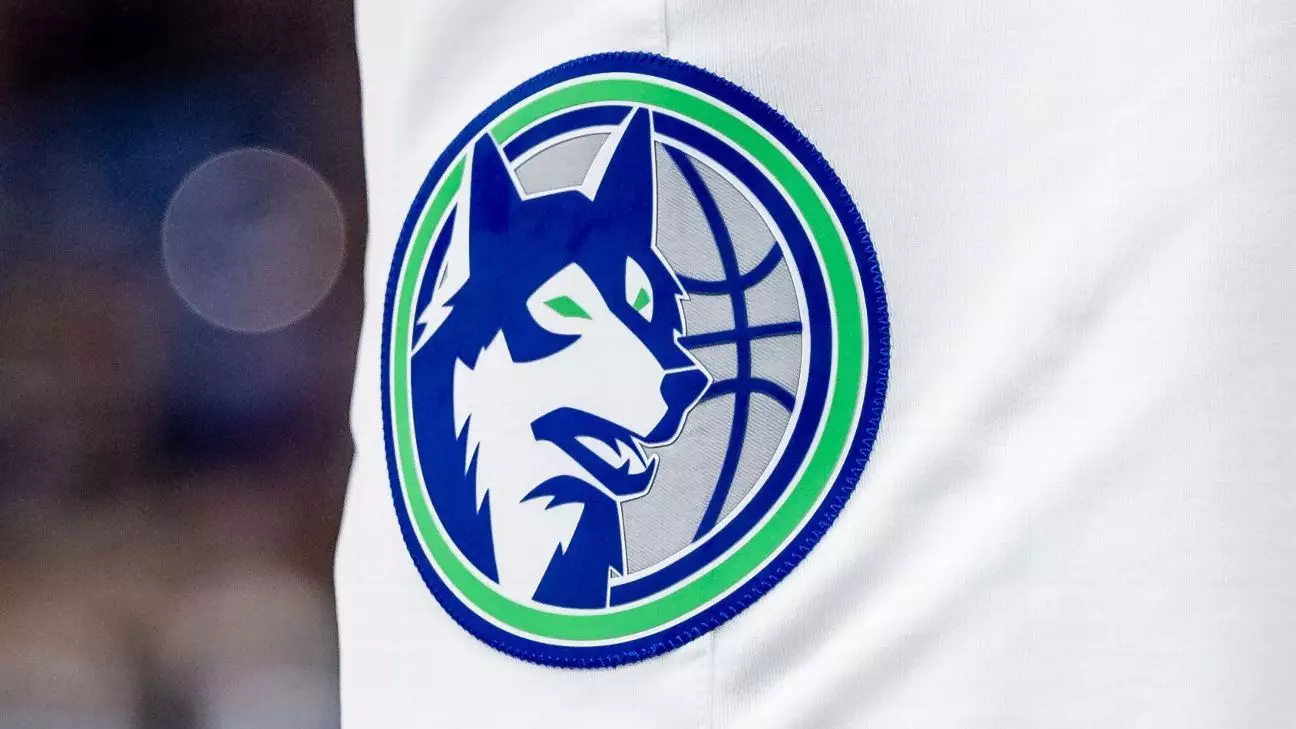The ongoing saga surrounding the ownership of the Minnesota Timberwolves has taken a significant turn with a recent ruling by a three-person arbitration panel. This decision, which favors prospective owners Marc Lore and Alex Rodriguez, not only impacts the franchise’s immediate future but also raises fundamental questions about governance and ownership dynamics within the NBA.
On Monday, the arbitration panel determined that current owner Glen Taylor breached the sales agreement when he announced in March that Lore and Rodriguez had failed to meet a payment deadline. This payment was crucial for them to secure 80% control of the franchise. The dispute arose from differing interpretations of the contract terms, specifically regarding a 90-day extension that Lore and Rodriguez believed they were entitled to. The outcome of this arbitration paves the way for a decisive vote among the NBA’s board of governors, a critical step that could solidify Lore and Rodriguez’s majority ownership, contingent upon receiving the necessary approvals.
Taylor’s 2021 agreement with Lore and Rodriguez was set against a backdrop of a $1.5 billion valuation for the Timberwolves, a figure that now appears to be potentially undervalued given recent sales of other NBA teams. The implications of this ruling are profound, as they not only affect the ownership structure but also the competitive landscape of the league.
Investor Mobilization and Financial Muscle
Adding to the intrigue, Lore and Rodriguez have demonstrated considerable financial backing, raising an impressive $950 million to bolster their bid. This money, secured in an escrow account, is touted as part of their strategy to finalize the purchase and take over the operational reins of the team. Notably, they have garnered the support of high-profile investors including billionaire Michael Bloomberg and former Google CEO Eric Schmidt, signaling a robust financial foundation moving forward.
As they navigate this complex ownership transfer, Lore and Rodriguez have not been sitting idle. They have proactively engaged with various NBA team owners to garner support for their impending vote, a strategic move in what has the potential to become a contentious decision within the league. Their outreach reflects a broader understanding of the necessity for coalition-building in an environment where incumbent owners traditionally hold significant sway.
Despite the favorable arbitration ruling for Lore and Rodriguez, it’s essential to recognize that they still face an uphill battle. The approval from at least 23 out of the 30 current NBA governors is a formidable hurdle, particularly given Taylor’s long-standing relationships within the league, including a close tie with NBA Commissioner Adam Silver. Taylor’s extensive history as a majority owner since 1994 adds another layer of complexity, as both he and the board must navigate uncharted waters concerning ownership transitions under contested circumstances.
In a statement following the arbitration decision, Lore and Rodriguez expressed their eagerness to work collaboratively with the NBA to expedite the ownership approval process. They emphasized their commitment to bringing championships to Minnesota, which resonates strongly with a fan base eager for success. Their vision reflects a broader ambition not just to own a team, but to transform the franchise into a winning entity within the competitive landscape of the NBA.
The financial landscape of NBA team valuations has seen dynamic shifts since Taylor initially agreed to the sale price. Recently, franchises such as the Phoenix Suns and Dallas Mavericks sold for astronomical figures—$4 billion and $3.5 billion, respectively—significantly altering perceptions of market value. The Timberwolves’ potential sale price will now be under scrutiny, as the market for NBA teams has evolved. Teams that bear similar market sizes, like the Charlotte Hornets and a portion of the Milwaukee Bucks, have also fetched above the $3 billion mark, adding pressure on the valuation associated with the Timberwolves.
Taylor’s previous attempts to sell the team and subsequent retractions highlight a pivotal indecision amidst changing market conditions and team performance. His insistence on holding onto the franchise in anticipation of a brighter future lends credence to the notion that ownership is not just a financial endeavor but also an emotional commitment.
As the Timberwolves stand at a crossroads, the outcomes of this ownership transition will resonate long past the immediate decision. Whether Lore and Rodriguez can successfully navigate the intricacies of NBA governance and ownership dynamics remains to be seen. However, should they assume majority control, fans could expect a transformation, not only in management strategies but also in the team’s prospects on the court. The ripple effects of this arbitration ruling could redefine Minnesota basketball for years to come, ultimately leaving an indelible mark on the franchise’s history and the broader NBA landscape.

